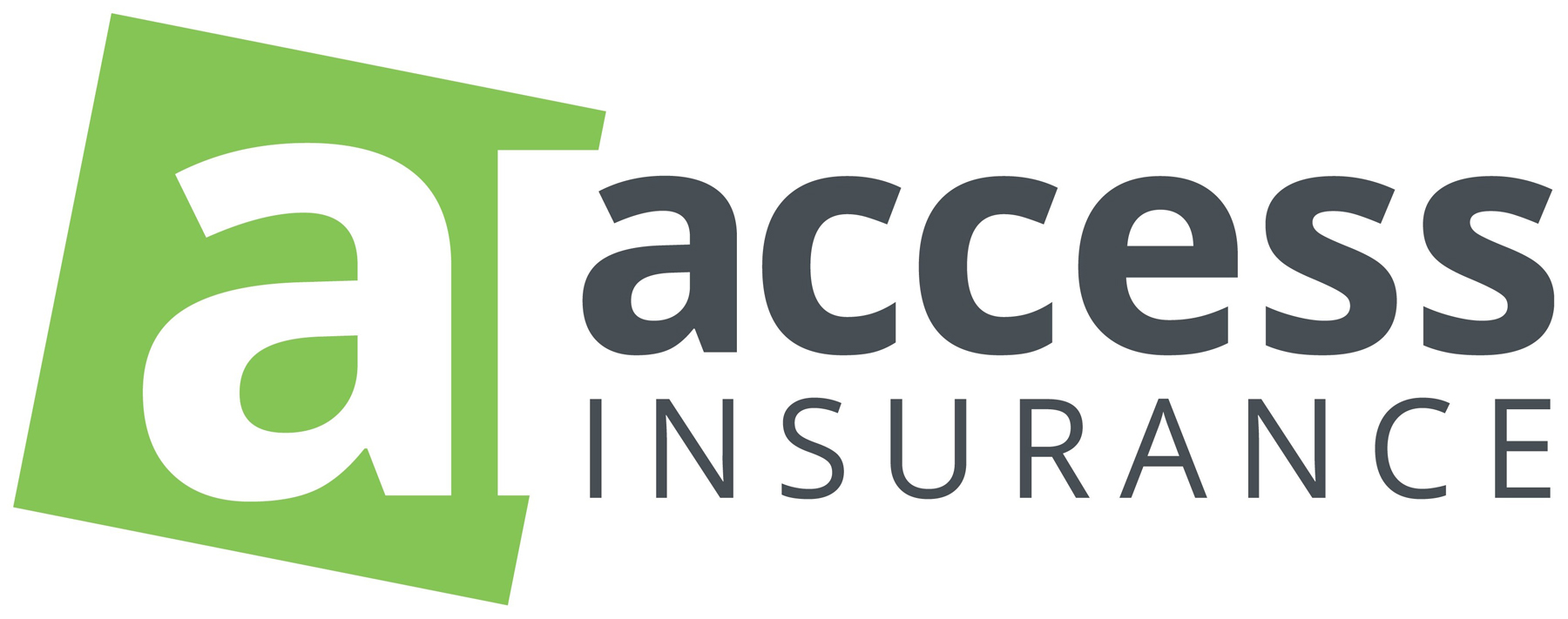Our reflections on Pride Month
February 12, 2024
.webp)
This Pride Month, Lydia (she/her), our Projects Officer, reflects on the importance of taking action.
We are living through a time where LGBTQ+ discrimination, particularly against the transgender community, is prominent and frightening. We see the same harmful tropes being recycled over and over, with transgender people facing similar hostility to what we saw when same-sex marriage was legalised in 2013, or during the AIDS crisis in the 1980s. As a queer person, it’s heartbreaking to see yourself and your community being demonised for simply wanting to exist. It feels more important than ever to take action and recognise that the LGBTQ+ community should be seen, heard, and valued as members of our society, who just want to be their authentic selves.
At NAVCA, we want to make sure that we take action and feel confident in talking to our members about these issues, which is why we organised staff training on LGBTQ+ inclusion. In May, we had our internal LGBTQ+ Awareness training, run by SAYiT, a Sheffield-based organisation that supports local LGBTQ+ youth. The session started with discussion around key terms and phrases, and eye-opening statistics. Some that really stood out to us were:
- Seven in ten trans people (70%) report being impacted by transphobia when accessing general health services.
- Almost one in five LGBTQ+ people (18%) have experienced homelessness at some point in their lives (with the percentage of transgender people being considerably higher).
- Around two-thirds (64%) of LGBTQ+ people have experienced anti-LGBTQ+ violence or abuse.
- 70 countries criminalise same-sex relationships. The death penalty for same-sex relationships is either ‘allowed’, or evidence of its existence occurs, in 11 of these countries.
We were then taken through an activity where we were presented with a range of scenarios and had to discuss how we, both as individuals and an organisation as a whole, would react. We found this part of the training particularly useful, as it helped us identify how to take action in real life situations we may not have experienced before.
During this session, we also identified how sexuality and gender affects everyone. Straight and cisgender people do things to affirm their sexuality and gender in the same way that LGBTQ+ people do, but it is rarely understood as such because it is expected and considered ‘the norm’.
There were parts of this training that we found particularly striking, such as discussing the vast levels of discrimination that exist in our society. We are all aware of the more obvious forms, such as verbal abuse, hate crimes and social media tirades, but the systemic discrimination that still exists is shocking. As we can see from the stats above, clearly a lot of existing policy can discriminate against and disenfranchise LGBTQ+ people, putting them at a disadvantage and, at times, serious risk, preventing them from leading happy, fulfilling lives.
There was also discussion around the importance of intention when someone doesn’t know or understand something. It’s okay to be unsure, ask questions and get things wrong when your intention is not to cause harm - noone can be expected to know everything. Many LGBTQ+ charities and organisations have massive amounts of resources available online, including lived experiences of LGBTQ+ people, and we encourage our members to talk to their staff, volunteers, networks and communities about their experiences too.
An important piece of learning from this session is how vital it is for us at NAVCA to have conversations about EDI topics, even if those conversations can be difficult sometimes. It’s vital that we recognise our position of influence, particularly in VCS spaces, and make sure we are informed and taking action. We hope that you will join us in this, whether it’s by small steps such as including your pronouns in your email signature and introductions in meetings, doing your own internal LGBTQ+ training, having conversations, and calling out harmful language or behaviour when you encounter it.



